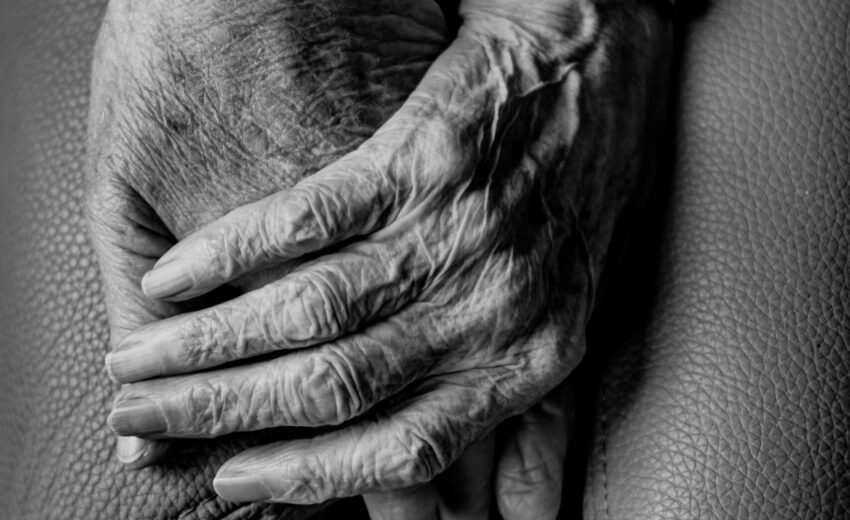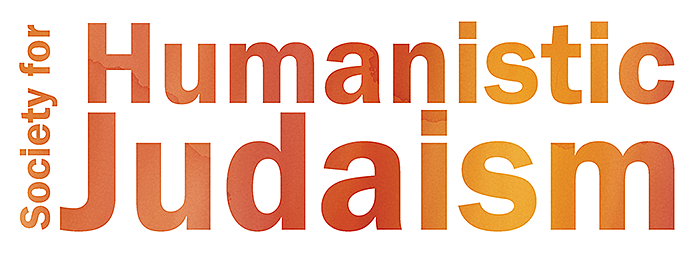
The below presentation, “What is ‘Death with Dignity’?” by Judith Snyderman of the Final Exit Network, took place on Friday, June 14, 2019, at the Congregation for Humanistic Judaism of Metro Detroit.
The Final Exit Network carries out legal efforts to support people’s rights to ‘self-deliverance’, seeking to clarify existing laws that are ambiguous as to self-deliverance and working to extend them where appropriate.
Ms. Snyderman, who grew up in the Conservative movement, discusses the current status of death with dignity laws in the United State and the choices that are available to us to increase our chances of having a good death: pain free, peaceful, dignified, in a location of our choice and surrounded by those we love. She includes information on living wills and more.
The Final Exit Network mirrors the attitudes of Humanism, believing that no one should suffer a traumatic death. It does its best, within the limits of state laws, to educate people about their alternatives.
from Library of SHJ on Vimeo.




It is important to distinguish “rights” from “liberties”, as the well-known libertarian and psychiatrist, the late Dr. Thomas Szasz, points out in his book, Fatal Freedom. A right is a capability that entails the cooperation or assistance of others; a liberty requires neither. For example, people in the U.S. are at liberty to smoke, but there is no recognized “right” to smoke. In the context of end-of-life care, one can support the principle that mentally competent people ought to be at liberty to end their own lives, without endorsing a “right” to do so that involves the cooperation or assistance of others.
Physician-assisted suicide (PAS)–euphemistically called “medical aid in dying”–requires the cooperation and assistance of medical professionals, but has not been recognized as a “right” in the vast majority of U.S. states or legislatures–nor does the U.S. Supreme Court recognize a constitutional “right” to suicide or assisted suicide. The majority of medical organizations in the U.S. and the world believe PAS is not consistent with ethical medical practice. Disability groups, in particular, have profound concerns regarding the risk of abuse of PAS for people with disabilities.
In contrast, voluntary stopping eating and drinking (VSED) does not require the participation of medical personnel, though careful preparation, support, and education of the patient and family are critical. VSED is widely considered a medically ethical alternative to PAS. At least one study carried out by hospice nurses points to a better outcomes when terminally ill patients choose VSED than when they participate in assisted suicide. [1]
For a broader perspective on these issues, please see the following resources:
https://www.dyingwell.co.uk/the-myth-of-autonomy-and-assisted-suicide/
https://www.psychiatrictimes.com/view/physician-assisted-suicide-and-the-autonomy-myth
https://pubmed.ncbi.nlm.nih.gov/28975242/
https://alexschadenberg.blogspot.com/
1. Ganzini L, Goy ER, Miller LL, Harvath TA, Jackson A, Delorit MA. Nurses’ experiences with hospice patients who refuse food and fluids to hasten death. N Engl J Med. 2003 Jul 24;349(4):359-65.
Respectfully,
Ronald W. Pies, MD
Professor Emeritus of Psychiatry and Lecturer on Bioethics & Humanities
SUNY Upstate Medical University
Professor Emeritus of Psychiatry,
Tufts USM